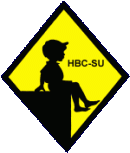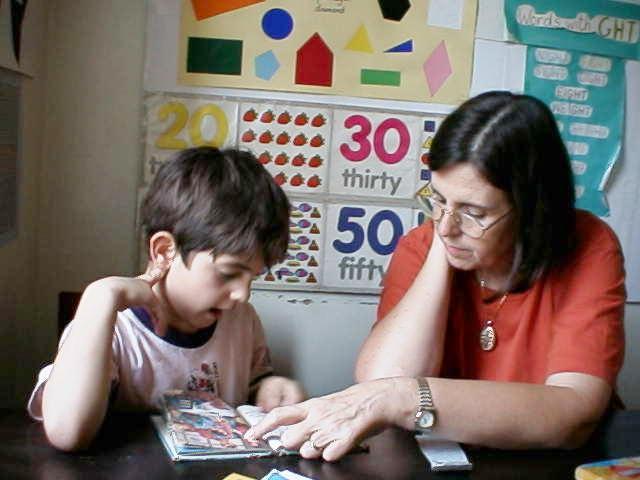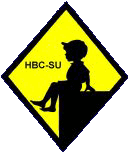
Home Schooling: Controversy

Figure 1.--Schools tend to insist that education is a matter for trained, experienced professionals. Home schoolers maintain that training is less important than personal attention. Paresnts usually mothers can tailor the program to the individual needs of a child in a way that a public school teacher with 25-30 children can not begin to do. Any there is almost unlimited individual attention.
|
|
The effectiveness of home schooling has been hotly debated. There are two basic lines of debate: 1) effectiveness and 2) socialization. Schools tend to insist that education is a matter for trained, experienced professionals. Our personal opinion is thar personality and tempernent is a very important factor in making a good teacher and this is virtually impossible to develop in teacher taining programs. Home schoolers maintain that training is less important than personal attention. Paresnts usually mothers can tailor the program to the individual needs of a child in a way that a public school teacher with 25-30 children can not begin to do. Any there is almost unlimited individual attention. And there are now extensive materials available to help parents interested in home schooling. Of course everything depens on the parents. Some are more capable than others, but this is also true of the teachers. Not obly do teachers vary in teaching ability, but we notice increasing reports of teachers pushing ideological agendas. Grade level is a factor. Teaching basic reading and math is one thing. Teaching physics, advanced math, art, music, and foreign language at the high school level is a different matter. Here it seems to us that this issue is easily settled. There are tests to measure achievement and of course there are college placement tests. And some schoolse more willing to accomodate home schooling needs such as opening specialized classes to home schoolers. Studies comaring the success of home schooled children to public school children show that home schooled children tend to out perform public school children. Such data has to be carefully weighed. Home schooled children have deeply committed parents while many public school children come from less supportive homes. The second line of debate, socialization, is more complicated to assess and there are no objective tests to measure. There ceetainly is a value in a democratic society to meet and interact with ba broad range of children with different economic, religious, and ethnic backgrounds. This needs to be balanced with the unwillingness of many schools to demand and maintain reasonable standards of discipline and conduct and exposure to children whose parents are not behaving responsibly.
HBC-SU

Related Chronolgy Pages in the Boys' Historical Web Site
[Main Chronology Page]
[The 1900s]
[The 1910s]
[The 1920s]
[The 1930s]
[The 1940s]
[The 1950s]
[The 1960s]
[The 1970s]
[The 1980s]
[The 1990s]
[The 2000s]
Navigate the Relate Boys Historical Clothing Uniform Garment Pages
[Main garment page]
[Blazers]
[Bookbag]
[Caps]
[Coats]
[Hosiery]
[Kilts]
[Pants]
[Shirts]
[Shoes]
[Smocks
[Suits]
[Seaters]
[Ties]
Navigate the HBC Country School Pages
[Return to the Main home schooling page]
[Return to the Main School Uniform type Page]
[Return to the Main School Uniform Page]
[Return to the Main National School Uniform Page]
[Australia]
[England]
[France]
[Germany]
[Ireland]
[Italy]
[Japan] [New Zealand]
[Poland]
[Singapore]
[Scotland]
[Singapore]
[United States]
Navigate the HBC Scool Section:
[About Us]
[Activities]
[Chronology]
[Clothing styles]
[Countries]
[Debate]
[Economics]
[Garment]
[Gender]
[Hair]
[History]
[Home trends]
[Literary characters]
[School types]
[Significance]
[Transport and travel
[Uniform regulations]
[Year level]
[Other topics]
[Images]
[Links]
[Registration]
[Tools]
[Return to the Historic Boys' School Home]
Created: 7:32 AM 3/3/2010
Last updated: 7:32 AM 3/3/2010




